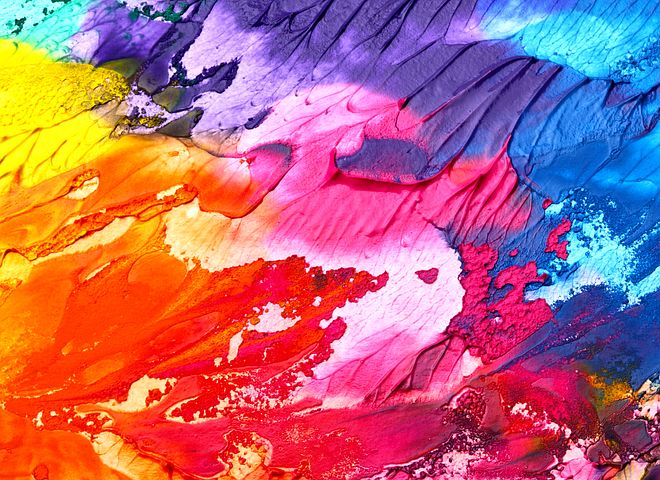EPISODE SUMMARY:
Season 3 of the Eudo Podcast is all about beauty, art, and the Christian imagination. In the season opener, the topic of discussion is beauty: What is beauty? What is beauty’s call? And what is the role of Beauty in our lives? These questions and more will be addressed by Paul M. Gould in season 3, episode 1 of the Eudo Podcast.
EPISODE NOTES:
Beauty is a little difficult to define because there is a subjective and objective component to beauty.
- Objectively, beauty is a mind-independent feature of the world.
- Subjectively, beauty is beheld by a perceiver.
How is Beauty Objective? How is Beauty Subjective?
To get at this question, consider:
- There are physical facts in the universe,
- There are also moral facts in the universe,
- There are also aesthetic facts in the universe.
Question: what are moral facts and aesthetic facts about?
Answer: Intrinsically valuable states of affairs that obtain in the world.
So, morality and beauty are objective values that exist in the world.
What this means is that beauty is not “in the eye of the beholder” – it is an objective feature of reality. However – adding the subjective part – while beauty is not in the eye of the beholder, it is “beheld” by the eye. It takes a perceiver to apprehend beauty.
Historical Accounts of Beauty
- Plato: distinguished between beauty things and beautiful itself.
- Augustine: Jesus is the beauty of all beautiful things.
- Aquinas: Beauty is a complex universal apprehended in beautiful things.
- For Aquinas, beauty is that which is enjoyable or pleasurable to behold. In other words, there are beautiful things, but these beautiful things can’t be enjoyed unless there are human perceivers.
- Jonathan Edwards (1703-1758): All beauty consists (in varying degrees) in a reflection of God’s beauty.
- Primary Beauty:
- Finite virtue/beauty, i.e., human virtue.
- Infinite virtue/beauty, i.e., Divine beauty.
- Secondary beauty (e.g. physical beauty—but includes immaterial things that can be beautiful, such as laws of nature, or wisdom or justice).
- Primary Beauty:
- Abraham Kuyper (1837-1920): beauty is the “divinity” that shines through in the creation.
- S. Lewis (1898—1962): beautiful things awaken our longing for the source of beauty.
- The Theologian John Navone summarizes beauty well as “the splendor of the true and the good irradiating from every ordered state of being.”
- As the perfect image of God, Jesus “irradiates the transforming glory/beauty of God” and “the life story of Jesus Christ is the beautiful icon disclosing God, Beauty itself, to the world.”
CONCLUDING REMARKS:
What is the Role of Beauty in our lives? There are four primary roles that beauty plays in our lives. Beauty: (1) awakens (2) transports, (3) consoles, and (4) calls. Beauty calls us home. It awakens and transports and consoles us. Beauty—in nature, in art, in humans, in the divine—awakens within us a longing for a world where everything is as it should be, where everything fits together in the right way. And this longing, once aroused, compels us.
RESOURCES MENTIONED:
- Plato, Republic
- Augustine, Confessions
- Thomas Aquinas, Summa Theologiae
- Abraham Kuyper, Wisdom & Wonder
- C.S. Lewis, The Weight of Glory
- John Navone, Toward a Theology of Beauty
- M. T. Anderson, Symphony for the City of the Dead





